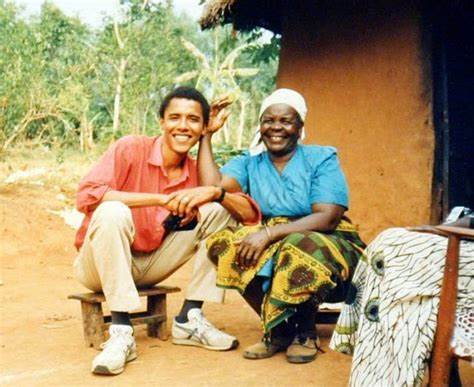
Archbishop Mwana a’Nzeki, a political activist admitted to telling one lie in his ‘long and colourful life as a cleric who campaigned for justice and peace in Kenya’
Kenyan Archbishop, a’Nzeki who told ‘a single lie in lifetime’ buried
Kenyan Archbishop of the Catholic faith, Ndingi Mwana a’Nzeki, has been laid to rest on Tuesday following his death at the age of 89. He would also be remembered for his position against the use of condoms in the society.
Archbishop Mwana a’Nzeki, a political activist admitted to telling one lie in his ‘long and colourful life as a cleric who campaigned for justice and peace in Kenya’
“It was when he helped Nobel Peace laureate Prof Wangari Maathai evade the security forces during a brutal government crackdown on human rights activists in the early 1990s.
Archbishop Mwana a’Nzeki was part of the plan which saw Prof Maathai disguise herself as a sick Muslim Somali woman, before being driven some 200km (125 miles) through several security force checkpoints to his home in Nakuru town in Kenya’s famous Rift Valley region.
Prof Maathai, a prominent human rights and environmental campaigner, wore the Muslim hijab, and stared blankly at security officers after her driver – a priest – was forced to stop at a roadblock.
“Is she sick?” the officers asked. The priest replied in the affirmative, and the officer allowed them to drive on.
Prof Maathai then emerged alongside the archbishop to address a meeting the next day”, said the BBC.
The report said the authorities blocked the meeting from going ahead but the archbishop was undeterred – their political guile and defiance had gained huge publicity, to the embarrassment of then-President Daniel arap Moi’s government.
Bishop Maurice Crowley, who knew the cleric for 40 years, remembers him as a man “who took on the powerful people of the earth, fearlessly and without rancour”.
“He always remained friends with those who he would have regarded as doing wrong in order to correct them, and people listened to him,” Bishop Crowley adds.
To his followers, Archbishop Mwana a’Nzeki will be most remembered for the help he gave them when ethnic violence swept through the Rift Valley in the early 1990s.
Tens of thousands of people were displaced, and he hired lorries to take them to churches where they were given refuge.
Archbishop Mwana a’Nzeki remained outspoken, accusing the-then ruling party, Kanu, of fuelling the violence in an attempt to drive out opposition supporters and retain its grip on power.
“I have information that youths are being trained to cause mayhem and eject anti-Kanu supporters… The government must uphold the constitution by providing security,” he once said at a church service.
His friends warned him that he risked death, but he brushed aside their concerns by saying: “You die only once.”
In an interview in 2000, Archbishop Mwana a’Nzeki said that was the most difficult period in his life.
“I saw innocent people being persecuted… and killed. Houses were burnt while people denounced the comments I made,” he said.
Other than his credentials as a fighter for justice and peace, Archbishop Mwana a’Nzeki also championed African culture and customs within the Catholic Church.
He often wore a distinctive cap that had been given to him by an Ethiopian colleague. Its appearance was unlike the skullcap normally worn by Catholic bishops.
Father Lawrence Njoroge, who worked with him, says the bishop enjoyed “African and classical music, with a special liking for Fadhili William, Fundi Konde, W Amadeus Mozart and Ludwig van Beethoven”.
Archbishop Ndingi was also known for his strong opposition to the use of condoms, despite the World Health Organization (WHO) encouraging the use of contraceptives to tackle the HIV/Aids pandemic.
“Aids… has grown so fast because of the availability of condoms,” he told his congregation in 2003, causing an outcry among activists who said they had been prevented from distributing condoms because of the Church’s opposition.
Archbishop Mwana a’Nzeki, born on Christmas Day in 1931, was the lastborn of a family of five children. He was ordained as a priest in 1961, serving the Church until his retirement in 2007.
He died on 30 March of health complications related to old age, and will be buried at the crypt in Nairobi’s Holy Family Minor Basilica.
He celebrated mass at the basilica, but it is now shut because of the coronavirus outbreak.
With the funeral restricted to 100 people, his tens of thousands of followers will have no choice but to follow proceedings on television.
The Kenya Conference of Catholic Bishops (KCCB) has promised them that the archbishop will still receive a “befitting church send-off”.




Recent Comments